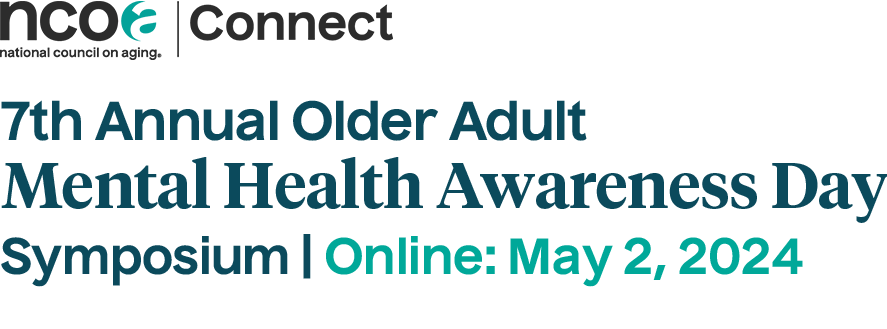
4. Improving Equitable Access to Late-Life Depression Care
Program to Encourage Active, Rewarding Lives (PEARLS) is an evidence-based late-life depression program. Recently, the developers of PEARLS engaged in an Equity Study to improve equitable access among older adults, especially low-income older adults of color, linguistically diverse older adults, and rural dwelling older adults, recognizing that many older adults are multiply marginalized by intersecting identities. This session will discuss what was learned from the Equity Study and share experiences from an implementation partner and a past participant. \
Eligible for 1 CE with live participation
KeliAnne Hara-Hubbard
PEARLS Coordinator and Research Coordinator
UW Health Promotion Research Center
KeliAnne Hara-Hubbard is a research and program coordinator at the University of Washington’s Health Promotion Research Center. KeliAnne’s research focuses on mental health and food equity projects, where she supports implementation, adaptation, and evaluation of evidence-based programs for Black, Indigenous, and People of Color, immigrant, and refugee communities. She partners with community-based organizations like IDIC to create projects guided by what the community wants to see. KeliAnne is a fourth generation mixed Japanese and Chinese American and a loving cat mom.
Lanvin Andres
Executive Director
IDIC Filipino Senior and Family Services
Fred Valdez
Past PEARLS Participant
Fred will share his story about how attending the PEARLS program at IDIC improved his life and mental wellbeing.
Lily Liu (Moderator)
Family Caregiver
Lily Liu is a family caregiver for her mother who has had Parkinson's Disease for almost four decades and is now living with early-stage dementia. Her parents were refugees escaping the civil war in China in the late 1940s and spent almost five years in a refugee camp in French Indochina (now Vietnam) in the early 1950s. Lily immigrated from Taiwan as a child and grew up on the East Coast of the United States. Her career was spent in the non-profit sector in the field of strategic communications and public outreach. After the death of her father, Lily took a hiatus from the workplace to care for her mother. She currently engages in consulting work, in particular, delivering speeches about empowering family caregivers at community-education events. Lily is fluent in speaking Mandarin Chinese and highlights in her presentations the challenges experienced by immigrant family caregivers who face issues of generational trauma in addition to caregiving responsibilities. Her hobby is literary translation and her translations of the essays of contemporary Chinese women writers have been published in the United States and Asia.

